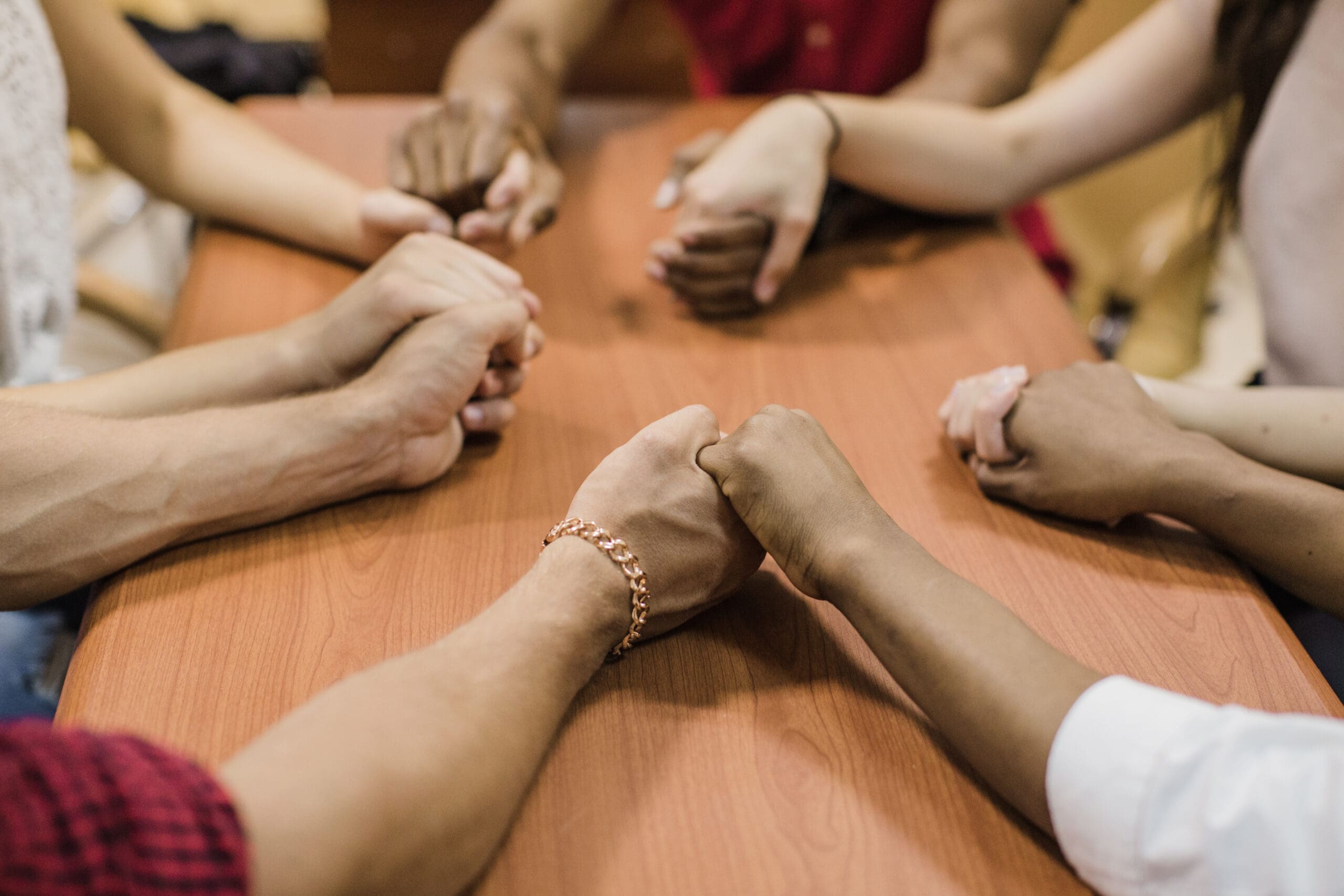In South Africa, funerals are not just family affairs – they’re collective moments that draw entire communities together. When someone passes away, it’s not unusual for neighbours, relatives and friends to contribute financially, cook for guests, or simply show up to offer support. It’s a lived expression of Ubuntu – the belief that our lives are intertwined.
But as funeral costs increase, fewer people carry cash, and more families are separated by geography, this tradition is evolving. South Africans are finding new, digital-first ways to uphold it – not by replacing cultural values, but by adapting them.
At the heart of this shift is a wave of grassroots innovation, designed to make giving easier, safer, and more inclusive.

- QR Codes Are Replacing Cash Envelopes
For decades, communities have relied on cash contributions passed around at services or collected at home gatherings. But increasingly, envelopes are being replaced with QR codes and contactless giving.
“People want to give, but they don’t always have cash on them – especially younger generations,” says Thulani Ngwenya, founder of the South African fintech platform AltarPOS. “By allowing anyone to contribute digitally with just a scan, we’re making sure no one is excluded from showing support.” The platform enables churches, families and community leaders to create digital fundraisers within minutes, using nothing more than a mobile device.
- Giving Is Now Borderless
South Africa’s mobility – both within the country and globally – means many people are living far from their home communities. In the past, contributing to a funeral from afar could be difficult or slow.
“Now, someone working in Cape Town can instantly send a contribution to a funeral in Mthatha, or a cousin living abroad can participate in giving without needing to go through complicated bank transfers,” says Ngwenya. “Technology is shrinking that distance.”
- Faith-Based and Community Groups Are Leading the Change
Burial societies, churches and faith organisations have long been the anchors of funeral planning and support. Many are now adopting digital tools like AltarPOS to collect and manage funds more effectively.
This shift not only reduces the administrative burden on grieving families, but it also helps build a culture of trust and transparency.
“In many communities, there’s a real fear of money going missing or being mismanaged,” Ngwenya explains. “Digital tools make it easy to see where every cent is going. That builds confidence, and it honours the spirit in which people are giving.”
- Transparency Is Strengthening Trust
One of the key benefits of digital fundraising is traceability. Traditional cash donations often rely on handwritten lists or verbal tallies. Digital platforms, by contrast, create automatic records of every transaction.
“We’ve seen how transparency builds trust,” says Ngwenya. “When people can see how much has been raised and how it’s being used, they’re more willing to contribute. It removes doubt – and replaces it with confidence.”
- It’s Still Ubuntu – Just More Accessible
At its core, this shift isn’t about technology – it’s about inclusion. Whether someone contributes R50 or R500, the significance lies in the act of giving, not the amount.
“Ubuntu hasn’t gone anywhere,” Ngwenya adds. “It’s just moved online. These tools don’t change the meaning of our support – they make it more accessible to more people.”
As South Africa moves further into the digital age, not all innovation needs to come from the top down. Platforms like AltarPOS show that some of the most impactful solutions are born from within communities – by people who understand the cultural and emotional weight of moments like funerals.
“When we built AltarPOS, we weren’t trying to disrupt tradition – we were trying to protect it,” says Ngwenya. “We asked: how can we make it easier for people to do what they’ve always done? That’s where real innovation lies – in making our values easier to live out, not harder.”
In moments of grief, South Africans continue to do what they’ve always done: show up, give, support, and stand together. That hasn’t changed. Only now, we have tools that reflect the world we live in today.

